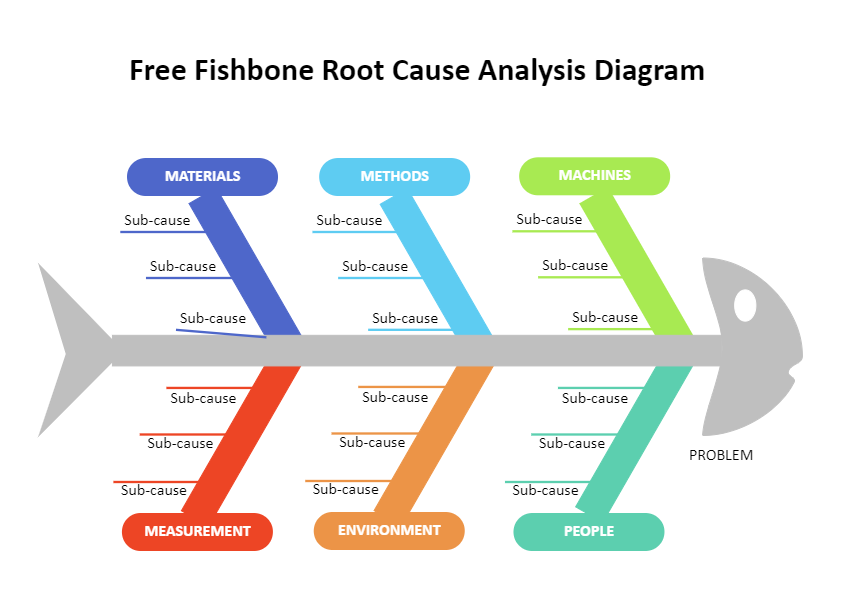Poverty and war are inextricably linked. The Bahá’í teachings elucidate this connection, providing profound insights that transcend typical understandings of conflict. The recognition of poverty as a root cause of war is not merely a social observation; it is a philosophical stance rooted in the quest for justice, unity, and a sustainable future.
This intricate relationship stems from an understanding that poverty engenders desperation and strife, paving the way for conflict. When individuals and communities lack access to essential resources—be it food, shelter, or education—their desperation can lead to unrest. The Bahá’í writings emphasize the necessity of addressing the underlying socioeconomic disparities that fuel discord. One must consider the ramifications of neglecting these inequities on both individual and collective levels.
To appreciate the implications of poverty in the context of war, one must first delve into the essence of poverty itself. It is not merely a state of economic deprivation; it embodies a multifaceted condition that ravages opportunities for personal and communal growth. The Bahá’í perspective advocates a holistic approach to alleviating poverty, recognizing that it involves emotional, social, and spiritual dimensions. The lack of dignified livelihoods can foster an environment ripe for conflict, as disenfranchised groups grapple with feelings of hopelessness and resentment.
Moreover, the Bahá’í teachings emphasize the role of unity and collaboration in overcoming poverty. Historically, inequitable distributions of wealth have led to societal fractures, where certain groups amass power while others languish in destitution. This disparity inevitably cultivates animosity, pitting community members against one another. In this regard, a concerted effort to nurture economic equity is imperative for peace-building. The Bahá’í community promotes the concept of a global economy that prioritizes justice and cooperation over competition, fostering conditions conducive to harmonious coexistence.
Central to this discussion is the concept of a “moral economy,” where economic practices align with ethical principles. Such an economy would not only seek profitability but also advocate for the well-being of all individuals. This framework provides a viable path toward eradicating poverty, thereby addressing one of the primary catalysts of war. The Bahá’í writings assert that it is the responsibility of humanity to create systems that dismantle barriers to opportunity, what some might term “systemic injustice.” When individuals begin to see themselves as interconnected contributors to societal welfare, the fabric of community becomes strengthened, reducing the likelihood of conflict.
Another critical aspect of the Bahá’í approach to this issue lies in the emphasis on education. Education serves as the bedrock of empowerment. An educated populace is better equipped to advocate for their rights and engage in constructive dialogue. Consequently, to combat poverty effectively, the promotion of education is paramount. This includes not just academic learning, but also moral and ethical education that embeds the values of compassion, empathy, and unity. By cultivating an informed citizenry, societies can reduce the appeal of extremist ideologies that emerge from feelings of disenfranchisement.
Furthermore, the Bahá’í teachings call for a re-examination of governance structures. Often, governments perpetuate cycles of poverty through corruption, misallocation of resources, or failure to provide adequate social services. A critical examination of leadership accountability and transparency is necessary to promote a culture of trust between the populace and those in power. The Bahá’í perspective advocates for systems that prioritize the needs of the people over bureaucratic interests, advocating for participatory governance that empowers marginalized voices.
However, the eradication of poverty and the prevention of war is not solely the responsibility of governments. Individuals, organizations, and communities must play collaborative roles. Acts of service and altruism, central tenets of the Bahá’í faith, highlight the significance of collective action in addressing issues of poverty. Engaging in service to others not only demonstrates compassion; it also cultivates a sense of belonging and interdependence, which is essential for societal harmony.
To further comprehend the dynamics at play, one must acknowledge the psychological dimensions of poverty as a precursor to conflict. Feelings of humiliation and degradation among those in impoverished circumstances can sow the seeds of radicalization. This phenomenon illustrates the importance of embedding dignity and respect in all efforts aimed at alleviating poverty. Ensuring that programs and policies regard each individual as worthy of honor profoundly changes the narrative surrounding poverty and its potential to incite war.
The Bahá’í teachings provide a framework that not only identifies poverty as a root cause of war but also offers a pathway toward peace through practical solutions. By fostering unity, investing in education, advocating for ethical governance, and emphasizing collective responsibility, humanity can tackle the structural inequalities that underpin conflict. Ultimately, the vision of a world where poverty is eradicated and peace is the norm rests on the commitment to justice and the shared aim of elevating the human condition.
In conclusion, the nexus between poverty and war necessitates a paradigm shift in how societies address these issues. By embracing the Bahá’í principles of justice, unity, and service, humanity can forge pathways toward a future where each individual has the opportunity to thrive, consequently diminishing the allure of conflict. Essentials such as compassion, ethical governance, and the commitment to a shared destiny are crucial in transforming a world burdened by poverty into one fueled by peace and prosperity.
